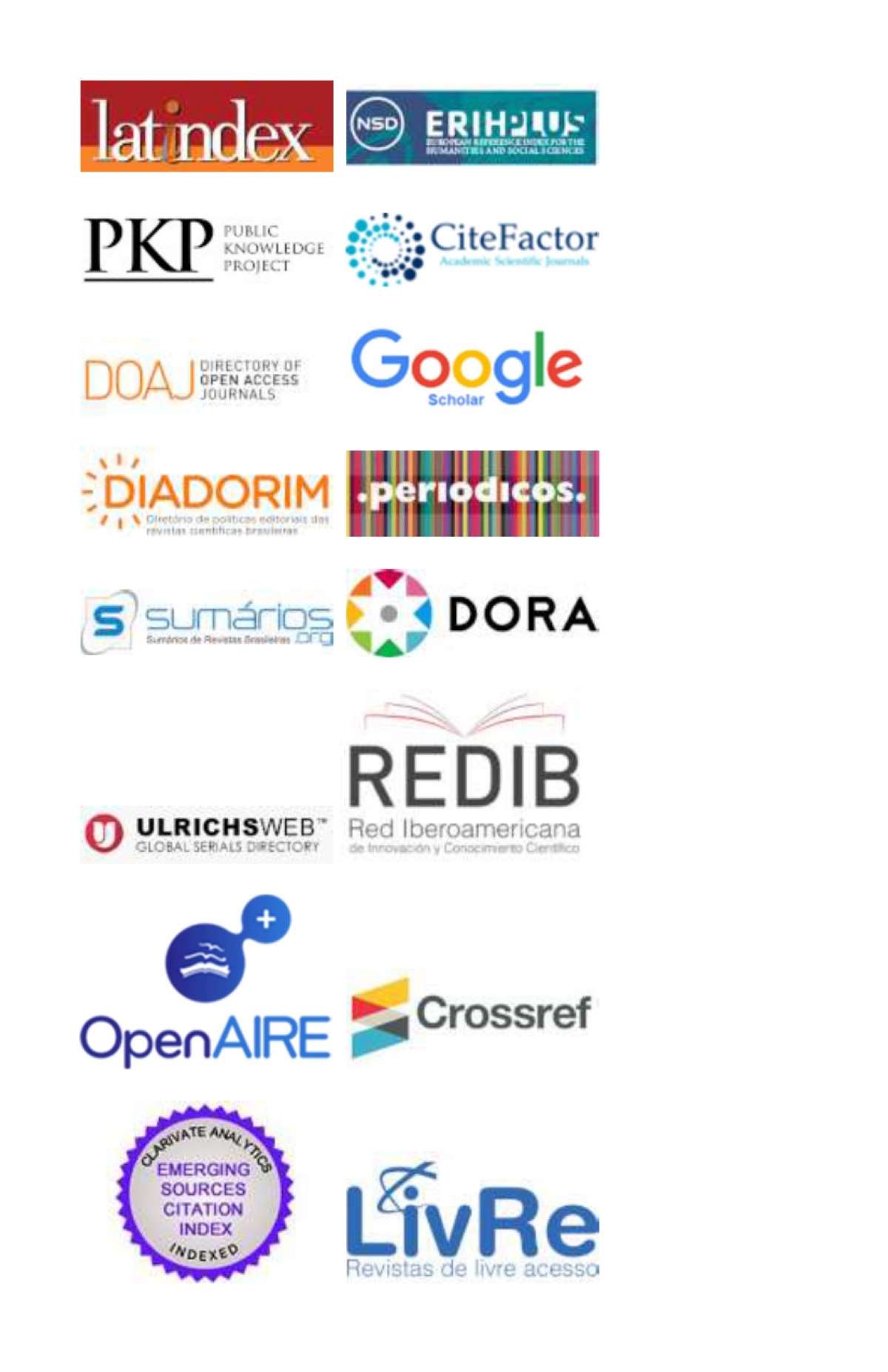TWO OPERATIONALIZATION PROBLEMS OF "INSTITUTIONAL CAPACITIES" ARGUMENT
DOI:
https://doi.org/10.21783/rei.v2i1.40Keywords:
Legal Interpretation, Consequentialism, Judicial Decision, Institutional CapacitiesAbstract
In a previous work, we discuss three uses of argument of "institutional capacity" which, although presented under the same label, are in fact very different things. Are uses of the term – and the typical reference to the seminal article by Cass Sunstein and Adrian Vermeule – in ways we identify as banal, redundant or absurd. Although they can generate valid arguments under any criteria, such use may not be reappointed to what these authors call the analysis of "institutional capacity". In this brief theoretical essay, we set out the considerations outlined above to try to achieve a distinct and complementary objective: what happens when trying to actually use the argument as described by Sunstein & Vermeule? Let's point out and discuss two challenges for the effective operationalization of the argument of “institutional capacity”. First, what we call the information problem, which is connected to the role that empirical inputs play in this kind of arguments. Second, the compliance problem, as such arguments end up placing excessive requirements on real-world decision-makers.
Downloads
References
ARGUELHES, Diego Werneck; LEAL, Fernando. O argumento das “capacidades institucionais” entre a banalidade, a redundância e o absurdo. Direito, Estado e Sociedade, n. 38, 2011.
ARGUELHES, Diego Werneck; LEAL, Fernando. Pragmatismo como [Meta]Teoria da Decisão Judicial: Caracterização, Estratégias e Implicações. In: Daniel Sarmento; Álvaro Ricardo de Souza Cruz (Orgs.). Filosofia e Teoria Constitucional Contemporânea. Rio de Janeiro, RJ: Lumen Juris, 2009.
BARROSO, Luís Roberto. A razão sem voto: o Supremo Tribunal Federal e o governo da maioria. Revista Brasileira de Políticas Públicas, Vol. 5, 2, 2015.
CYRINO, André Rodrigues. Separação de Poderes, Regulação e Controle Judicial: Por um Amicus Curiae Regulatório, In: Revista Eletrônica de Direito Administrativo Econômico (REDAE), n. 20, 2009/2010.
ESKRIDGE JR., William. No Frills Textualism. Harvard Law Review, Vol. 119, 7, 2006.
PRADO, Mariana Mota. Agências Reguladoras, Independência e Desenho Institucional. In: II Concurso de Monografias do Instituto Tendências de Direito e Economia, Tema Agências Reguladoras: Energia Elétrica. São Paulo, SP: Bovespa Duke Energy, Ipiranga e Instituto Tendências de Direito e Economia, 2005.
SARMENTO, Daniel. Interpretação constitucional, pré-compreensão e capacidades institucionais do intérprete. In: Cláudio Pereira de Souza Neto; Daniel Sarmento; Gustavo Binenbojm; Alexandre Santos de Aragão (Orgs.). Vinte anos da Constituição Federal de 1988. Rio de Janeiro, RJ: Lumen Juris, 2009.
SCHAUER, Frederick. Playing by the Rules: a philosophical examination of rule-based decision-making in law and in life. New York, NY: Oxford University Press, 1991.
SCHAUER, Frederick. Thinking like a lawyer: a new introduction to legal reasoning. Cambridge, MA: Harvard University Press, 2009.
SUNSTEIN, Cass. Must Formalism Be Defended Empirically? The University of Chicago Law Review, Vol. 66, 3, 1999.
SUNSTEIN, Cass; ULLMANN-MARGALIT, Edna. Second-Order Decisions. In: Cass Sunstein (ed.). Behavioral Law & Economics. New York, NY: Cambridge University Press, 2000.
SUNSTEIN, Cass; VERMEULE, Adrian. Interpretation and Institutions. Michigan Law Review, Vol. 101, 4, 2003.
SUNSTEIN, Cass; VERMEULE, Adrian. Interpretive Theory in its Infancy: A Reply to Posner. Michigan Law Review, Vol. 101, 4, 2003.
VERMEULE, Adrian. Judging Under Uncertainty: an institutional theory of legal interpretation. Cambridge, MA: Harvard University Press, 2006.
VERMEULE, Adrian. Judiciary Is a They, Not an It: Interpretive Theory and the Fallacy of Division. The. Journal of Contemporary Legal Issues, Vol. 14, 549, 2005.
WALDRON, Jeremy. A dignidade da legislação. São Paulo, SP: Martins Fontes, 2003.
Downloads
Published
How to Cite
Issue
Section
License
The authors hold their copyright and concede to the JOURNAL OF INSTITUTIONAL STUDIES the right to the first publication, in accordance with the Creative Commons Attribution license.
Authors are strongly encouraged to publish their manuscripts in other medias, such as institutional repositories and personal pages. The Journal only requires the credits of the first publication.






